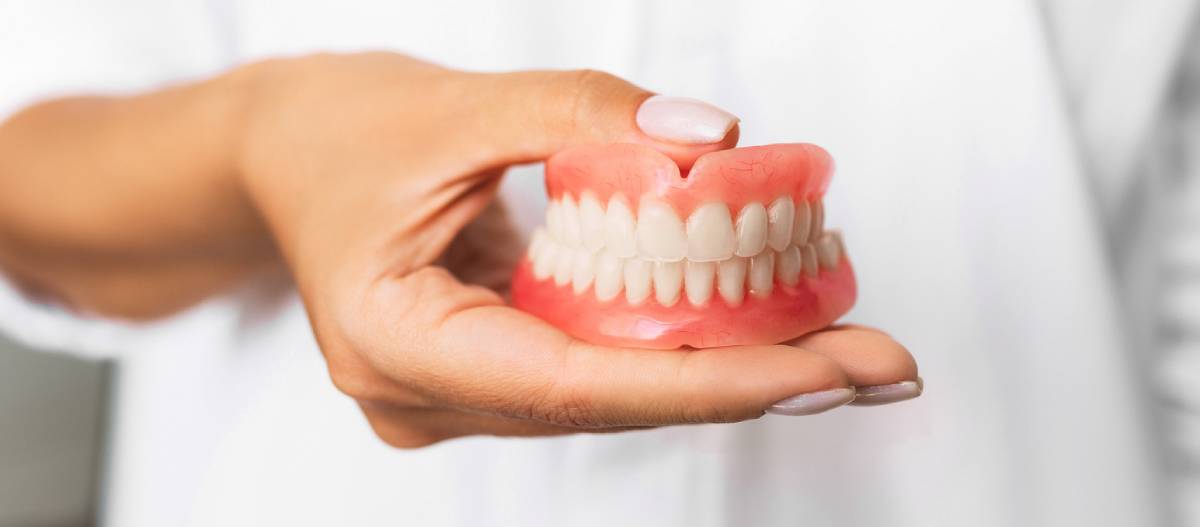Tooth loss impacts countless people and can cause issues with your speech and self-esteem. Whether it’s due to the natural aging process, poor oral hygiene, or even an accident, it’s important to find a tooth replacement option that works for you. One of the most common and effective options are dentures. They are a great treatment option with a short adjustment period. Below you find information on how to adjust faster to new dentures.
How to Adjust Faster to New Dentures
New dentures can make a positive difference in your everyday life. While there is a short adjustment period, you should be on your way in no time. Consider the following tips on how to adjust to new dentures.
Manage Your Expectations:
Understanding that you will have a transition period as you get used to your dentures can be helpful. The adjustment period lasts around one month, but may be sooner depending on your progress. Every person is different during this time as your gums and soft tissues have to get used to being into contact with your dentures. You may experience discomfort during this period. It’s important to talk with your cosmetic dentist in Bloomington about your progress as they may need to make adjustments to find the perfect fit.
Begin with Soft Foods:
When you get your dentures it’s helpful to adjust what and how you eat. It’s best to eat soft foods as they are easier to break down. Things like mashed potatoes, pudding, applesauce, and soup can be great as you transition into your new dentures. They won’t put as much pressure on your gums as they heal and adjust which can help minimize any discomfort.
Practice Makes Perfect:
Many people feel uncomfortable eating and drinking with their new dentures. The best way to combat this is by practicing. You’ll need to adjust to getting comfortable chewing without your dentures popping out of place, biting your tongue, or scraping your gums. Practicing at home can help you build your confidence so you can eat and drink anywhere without concern.
Take Small Bites:
Eating soft foods at first is great because it really helps with the transition. However, you will eventually want to eat different kinds of food. The best way to eat harder or chewy foods with dentures is by taking small bites. This can help you manage the bite much better as you break down the food.
Cut Instead of Bite:
Biting down on something with your front teeth can put too much pressure on them. The pressure can lead to the back of your dentures coming loose. Avoid biting down with your front teeth and cut your food up instead. If you can’t cut your food into bite-sized bites, tear it with your fingers to avoid dislodging your dentures.
Foods to Avoid:
There are some foods that are best to avoid altogether with dentures. Hard candies, popcorn, sticky foods, and even chewing on ice can harm your dentures. They can lead to cracks, chips, and damage your dentures. Just like with your natural teeth, avoid using your teeth as tools or chewing on objects. This can cause unnecessary and costly damage to your dentures.
Denture Treatment
Whether you need one or all of your teeth replaced, dentures are an effective tooth replacement option. Full or partial dentures in Bloomington can help restore your smile. They offer a variety of benefits as they are a quick and straightforward solution that can improve your speech, appearance, and self-esteem. The first step in getting your new dentures is setting up a consultation with a skilled cosmetic dentist. Contact the team at Valley Adler Family Dentistry today to schedule an appointment!


